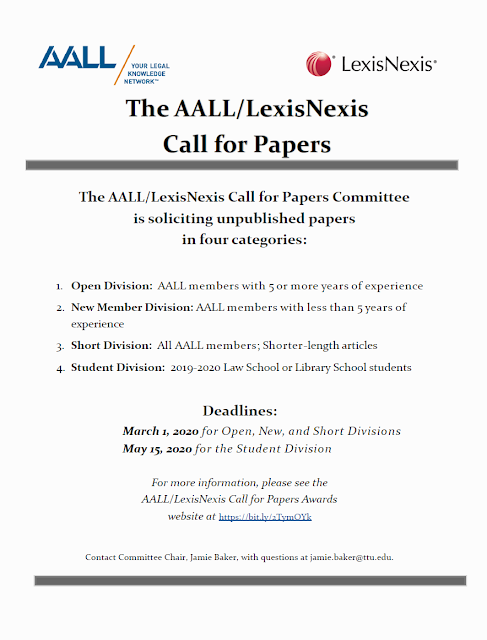Lawyers Get Better With Age
In my early 20's, my friends and I would ruminate over the things that we had to accomplish by age 26. Why 26?
At age 20: Bill Gates dropped out of Harvard and cofounded Microsoft, and Sir Isaac Newton began developing a new branch of mathematics.
At age 21: Thomas Alva Edison created his first invention, an electric vote recorder, Steve Jobs co-founded Apple Inc., and Alfred Tennyson published his first poetry.
At age 22: Inventor Samuel Colt patented the Colt six-shooter revolver, and Cyrus Hall McCormick invented the McCormick reaper, which allowed one man to do the work of five
At age 23: T. S. Eliot wrote “The Love Song of J. Alfred Prufrock,” John Keats penned “Ode on a Grecian Urn,” and Truman Capote published his first novel, Other Voices, Other Rooms.
At age 24: Johannes Kepler defended the Copernican theory and described the structure of the solar system.
At age 25: Orson Welles conscripted, directed, and starred in Citizen Kane, Charles Lindbergh became the first person to fly alone across the Atlantic, New York farmhand Joseph Smith founded the Church of Jesus Christ of Latter-Day Saints, John Wesley began planting the seeds for Methodism at Oxford, and Alexander the Great became the King of Persia.
At age 26: Albert Einstein published five major research papers in a German physics journal, fundamentally changing man’s view of the universe and leading to such inventions as television and the atomic bomb, Benjamin Franklin published the first edition of Poor Richard’s Almanac, Eli Whitney invented the cotton gin, and Napoleon Bonaparte conquered Italy.
With lists like this, my friends and I were certain that if we didn't accomplish something equally as large by age 26, we were forever doomed to mediocrity. (Oh the problems of 20-somethings).
But when I ran across this article in the ABA Journal, I somehow felt better about the whole thing.
"In the fields of math, science and lyric poetry, large creative breakthroughs are more likely to occur in younger individuals, according to Harvard cognition and education professor Howard Gardner. But in fields like like law and psychoanalysis, “you need a much longer lead time, and so your best work is likely to occur in the latter years,” Gardner tells the Washington Post in a story reprinted by the Minneapolis Star Tribune."
This coupled with the finding that the longer you practice, the happier you are means that I don't have to be in such a rush!


Comments
Post a Comment